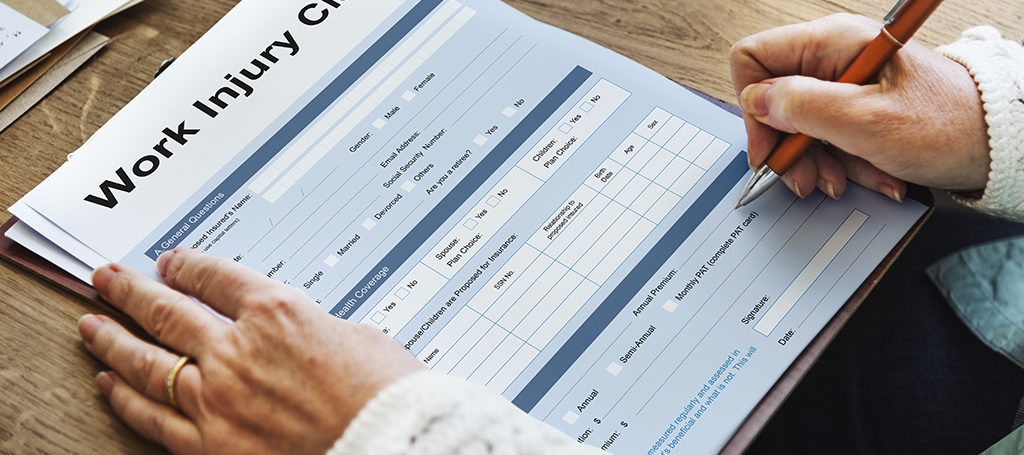
By Dan Hadley (JLB Adelaide)
It often seems an additional loss of time on top of a situation that has already slowed you up in the workplace. Accident and Incident reporting immediately conjures up the mental image of filling out pages of forms, sometimes about a minor cut or bruise. It is tempting in this busy, go fast work environment we enjoy these days, to skip past that and go back to work once the first aid has been applied and the crisis averted. Regardless of whether it is a near miss, minor scrape or a major accident, it is important to report and track all accidents, incidents and near misses. Here we give you the 5 key reasons as to why.
1. It causes us to stop, think and reflect
Something undesirable has just happened that we would prefer not to happen again. Time has been lost, someone has been hurt or nearly hurt and we may also be dealing with property damage. The simple act of reporting compels us to stop, think and review what happened and how we can avoid it happening again. This small investment of time can lead to a larger payoff if we prevent more events of a similar nature from happening again.
2. Accurate and complete reporting may be important later
The accident and incident report may later assist if further issues or complications arise. It may be important in assessing insurance or worker compensation claims. A report taken at the time may be viewed as more accurate and believable as opposed to one retrospectively written days or even months later.
3. It is much harder to recall later down the track
If the situation does call for a formal report later, it can be very difficult later to recall the elements, particulars and details of the event. This is why reporting and contemporaneous notes were taken at the time can be so vital. As time goes on, the smaller details of any event fade. Just try remembering what colour shirt you were 2 months ago, and you will begin to understand how hard this exercise can be,
4. Management and business leaders can utilize proper oversight and see trends
Reporting near misses and minor incidents gives managers a proper view on the type of incidents and accidents happening. We would all prefer to see no accidents or incidents but if and when they occur, looking at the timing, trends and details of them in context can allow business leaders and safety manager s to make informed decisions about where best to apply safety management resources. Looking at what parts of the body are affected, the times or shifts that event stake place in or common themes will add vital information at Management Review meetings.
5. Good reporting leads to long term changes that benefit everyone
Good accident and incident reporting, particularly within a modern Safety Management System reporting tool like JLB Track, will assist in the long term changes an organization makes to prevent accidents and incidents from happening. Prevention is the ultimate answer, and this requires an organization to learn from its past.
The key take-away here is that reporting on accidents, incidents and near misses of all sizes is very important. It’s worth the investment in time and thought both in the short term but also in the long term.
Author: Dan Hadley MBA, BCOMM, MIMC, IML
Dan Hadley is a Senior Management Consultant for JLB Adelaide. Dan is an M.B.A. graduate with the London School of Business & Finance majoring in Management Consultation and holds a Bachelor of Commerce (BComm) majoring in Economics and Management. Dan provides services in Strategy, Risk, Quality Management, Change Management and Commercial Best Practice Consultation.
